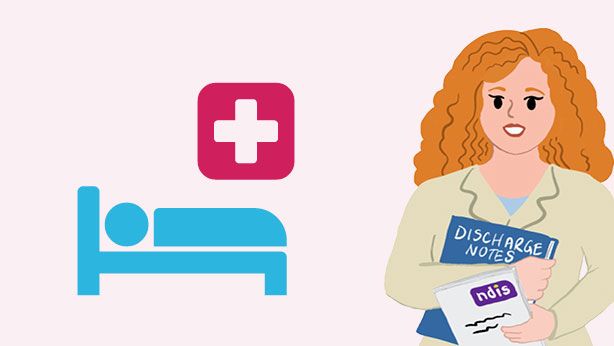What to watch out for
Here to help
Hospital to Home service
The Summer Foundation’s Hospital to Home service (previously known as the Housing Brokerage Service) is open for referrals to NDIS participants who are stuck in hospital with a housing barrier to discharge.
Hospital to Home (HTH) continues to work with the Victorian Department of Health to support the Pathways to Home transitional care program. They are also accepting referrals for NDIS participants who are not eligible for this program, or who have been recently discharged to transitional care, where HTH can provide support to find long-term housing and assist with NDIS evidence requirements.
Hospital to Home (HTH) continues to work with the Victorian Department of Health to support the Pathways to Home transitional care program. They are also accepting referrals for NDIS participants who are not eligible for this program, or who have been recently discharged to transitional care, where HTH can provide support to find long-term housing and assist with NDIS evidence requirements.
Housing Hub
The Housing Hub’s free Housing Options Online Learning Package has been created to assist participants to explore different housing options. The learning package includes housing options workbooks and state-specific information about housing for people with disability. The workbooks allow you to work with participants and follow a step-by-step process to determine the best housing option and have been developed for participants looking for housing that meets their needs and preferences. They are also great resources to support anyone to understand the different types of housing and support that are available.
The SDA Housing support line can assist participants and their supporters to navigate housing options and achieve good outcomes. You can call them on 1300 61 64 63 from 10am to 3pm, Monday to Friday (except public holidays) Sydney/Melbourne time.
The SDA Housing support line can assist participants and their supporters to navigate housing options and achieve good outcomes. You can call them on 1300 61 64 63 from 10am to 3pm, Monday to Friday (except public holidays) Sydney/Melbourne time.

